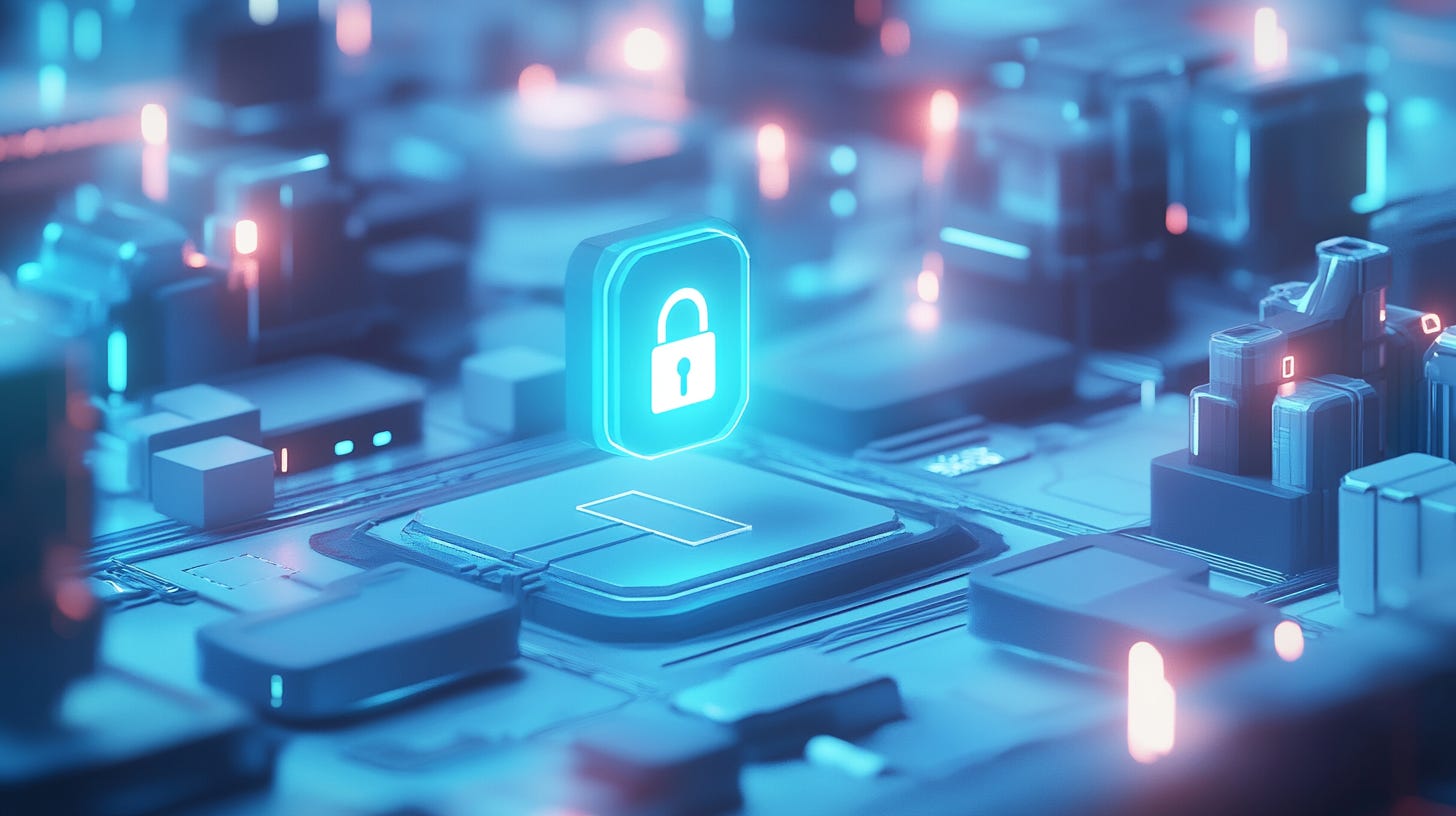Digital Safety in Uncertain Times
Protect your online identity and privacy.
In a world where instability can strike without warning, protecting your online identity and privacy is more important than ever.
Whether it’s safeguarding your personal information from cyber threats or keeping your digital presence secure, a few simple steps can go a long way.
Disclosure: This post contains affiliate links, which means I may earn a small commission if you purchase through these links—at no extra cost to you. I only recommend products I personally use and trust.
That said, here’s how you can stay safe in an unpredictable world:
1. Use Strong, Unique Passwords
A strong password is your first line of defense.
Use a mix of uppercase and lowercase letters, numbers, and symbols.
Better yet, use a password manager like 1Password (my fav) to create and store unique passwords for every account.
2. Enable Two-Factor Authentication (2FA)
2FA adds an extra layer of security by requiring a second form of identification, like a text message or authentication app.
Apps like Google Authenticator make it easy to set up and protect your accounts from unauthorized access.
3. Use a VPN for Secure Browsing
A Virtual Private Network (VPN) encrypts your internet connection, protecting your data from hackers, especially on public Wi-Fi networks.
Tools like NordVPN can help keep your online activity private.
4. Be Cautious About Sharing Personal Information
Think twice before posting personal details online.
Sharing your location, financial information, or sensitive data can make you a target.
Adjust your social media privacy settings and avoid oversharing.
5. Keep Your Software Updated
Outdated software can have vulnerabilities that hackers exploit.
Regularly update your operating system, browsers, and apps to ensure you have the latest security patches.
6. Monitor Your Digital Footprint
Use tools like Google Alerts to monitor mentions of your name or email online.
Periodically search for yourself to identify and remove any sensitive information.
7. Backup Important Data
Uncertain times can also mean risks of data loss. Use cloud storage or an external hard drive to back up your important files.
Services like Dropbox make it easy and secure, and is syncs with all of your devices, which I love.
8. Stay Informed About Cyber Threats
Follow reputable sources like Krebs on Security or The Electronic Frontier Foundation (EFF) to stay updated on emerging threats and best practices for digital safety.
Why Digital Safety Matters
When the world feels unstable, protecting your digital identity is a small but powerful way to create stability and peace of mind.
By taking these steps, you’re not just safeguarding your own data—you’re helping to build a safer digital environment for everyone.



